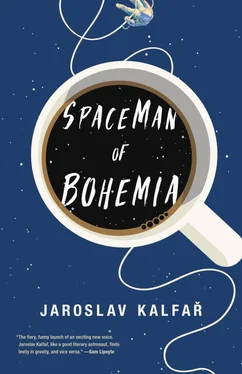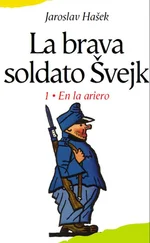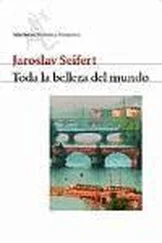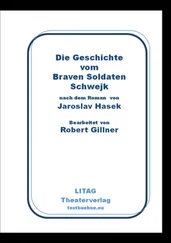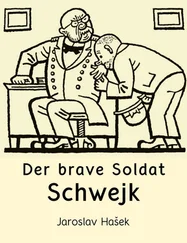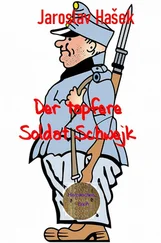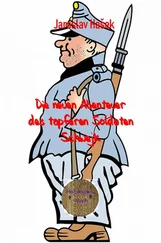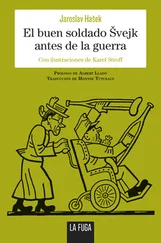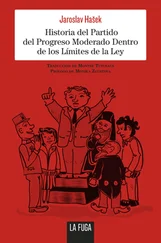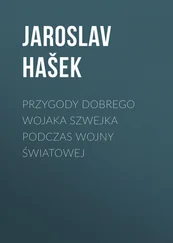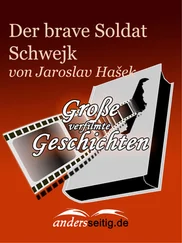At last, an announcement came from a country of ten million, my country, the lands of Bohemia, Moravia, and Silesia. The Czechs would fly to Chopra and claim the mysteries it held. I would be their champion, the one to bring home the fanfare of scientific glory. In the words of a poet drunk on absinthe, reprinted in every major newspaper the next day: “With JanHus1 lie our hopes of new sovereignty and prosperity, for we are now among the explorers of the universe. We look away from our past, in which we were claimed by others, in which our language was nearly eradicated, in which Europe covered its eyes and ears as its very heart was stolen and brutalized. It is not only our science and technology traveling through this vacuum; it is our humanity, in the form of Jakub Procházka, the first spaceman of Bohemia, who will carry the soul of the republic to the stars. Today, we finally and absolutely claim ourselves as our own.”
As I prepared for the mission, my daily routines became public property. The street in front of the apartment building where Lenka and I lived was so littered with media vans, snacking journalists, photographers situating their elbows on cars like snipers, stray children looking for autographs, and general onlookers that the police had to put up barricades and redirect traffic. Gone were my lone walks around town, the quiet contemplation of which apple to choose at the market. I had been assigned a posse that trailed me everywhere, for safety (already unhinged letters from fans and would-be lovers had flooded in) and assistance—helpers for grocery shopping, for fixing stray hairs on my head, for speaking. It wasn’t long until I couldn’t wait to leave Earth and, again, enjoy the simple luxury of solitude. Silence.
Now the silence was another unwelcome noise. I opened the snack compartment and bit into the Tatranky wafer. Too dry, a bit stale, tasting nothing like the childhood peace it was supposed to evoke. I needed to be elsewhere, in the comfort of a time I could understand, the life that had brought me to JanHus1 . Existence runs on energy, a fluid movement forward, yet we never stop seeking the point of origin, the Big Bang that set us upon our inevitable course. I turned off the monitor broadcasting my nation’s festivities and closed my eyes. Somewhere in the deep circles of time colliding with memory, a clock ticked and tocked.
MY BIG BANG occurs in the winter of 1989 in a village called Středa. The leaves of the linden tree have fallen and rotted, and those uncollected have spread their brown mash across the fading grass stems. It is the morning of the Killing, and I sit in my grandparents’ apple-scented living room, etching the image of Louda the pig in my sketchbook. My grandfather rubs the blade of his killing knife on the oval sharpener, taking a break here and there to bite into a thick slice of bread covered in lard. My grandmother waters her plants—the massive foliage of purple, red, and green surrounding every window—while whistling to the rhythm of a ticking clock. Below the clock hangs a black-and-white picture of my father as a schoolboy, smiling widely, the expression so earnest and unguarded, a smile I’ve never seen on his adult face. Šíma, our fat cocker spaniel, sleeps beside me, breathing hotly, reassuringly, onto the side of my calf.
This is the slow, silent world of a small village hours before the Velvet Revolution. A world in which my parents are still alive. In my near future awaits freshly cooked goulash, pigs’ feet with homemade horseradish, and capitalism. My grandfather has banned us from turning on the radio. The Killing Day is his day. He has been lovingly feeding his swine, Louda, with a mixture of potatoes, water, and bulgur every morning and afternoon, scratching the animal behind the ear and grabbing fistfuls of his fatty sides, grinning. Louda is so fat he will burst if we don’t kill him today, he says. Politics can wait.
This living room, this fireplace warmth, these rhythms of song, blade, dog, pencil, growling stomachs—perhaps somewhere around here a spontaneous release of energy occurred, sealing my fate as a spaceman.
My parents arrive from Prague at two o’clock. They are late because my father stopped by a field of daisies to pick a few for my mother. Even in an old blue parka and a pair of my father’s sweatpants, my mother looks like one of the redheaded, milk-skinned actresses who play comrade damsels on TV, replete with the look of strong femininity and fierce dedication to the Party. Father’s whiskers are grown out more than I’m used to because he no longer has to shave for work. He is skinny, his eyes are puffy from the slivovitz he has been drinking before bed. Over forty of the neighbors gather, along with the village butcher who will help Grandpa with the slaughter. My father avoids eye contact with the neighbors, who aren’t familiar with his line of work. If they find out he is a collaborator, a member of the Party’s secret police, they will abandon my grandfather, my grandmother, they will spit on our family name. Not publicly, but with the quiet hostility born from fear and distrust of the regime. This revolution speaks against everything my father stands for. The neighbors are nervous with their hunger for change, while my father blows smoke through his pale lips, knowing that the same change would put him on the wrong side of history.
The yard is long and narrow, lined on one side by my grandparents’ house and on the other by a towering wall of the next-door cobbler shop. On any other day it is littered with cigarette butts and Grandma’s gardening tools, but on the day of the Killing, the dirt and patches of grass are swept clean. The garden and sty are separated from the yard by a tall fence, creating an arena, a Colosseum for my grandfather’s last dance with Louda. We form a circle around the yard with an opening for Louda’s entry. At five o’clock, Grandpa releases Louda from his pen and slaps him on the ass. As the pig runs around the yard, excitedly sniffing our feet and chasing a stray cat, Grandpa loads his flintlock pistol with gunpowder and a lead ball. I say good-bye to Louda, who’s growing tired and slow, by patting him on the nose before Grandpa drags him to the middle of the circle and knocks him on the side with his boot. He puts the gun behind Louda’s ear and the ball cracks through the skin, the flesh, the cranium. The pig’s legs are still twitching when Grandpa cuts the throat open and holds a bucket underneath to collect the blood for soup and sausage. A few feet away, the butcher and the village men build a scaffold with a hook, and pour boiling water into an industrial tub. My father frowns and lights a cigarette. He isn’t fond of the animal-killing business. Barbaric, he would say, to harm animals just going about their existence on this earth. People are the real bastards. My mother would tell him to stop putting such things into my head, and besides, he isn’t exactly a vegetarian, is he?
The bristly hairs fall off Louda’s pink body inside the tub. We hang him from the hook by the legs and slice down the middle, groin to chin. We peel off skin, carve bacon, boil the head. My father checks his watch and walks inside the house. Through the window, I watch my mother watching him speak on the phone. No, not speak. Listen. He listens and he hangs up.
In Prague, five hundred thousand protesters flood the streets. Broken riot shields and bricks line their path. The ringing of keys and bells overshadows the radio announcements. The time for words has come and gone—what exists now is noise. The chaos of it, the release. Time for a new disorder. The Soviet occupation of the country, the puppet government backed by Moscow, all collapsing as the country’s people call for freedoms of the West. To hell with these parasitic, ungrateful fucks, the Party leadership declares. Let the imperialists take them straight to hell.
Читать дальше
